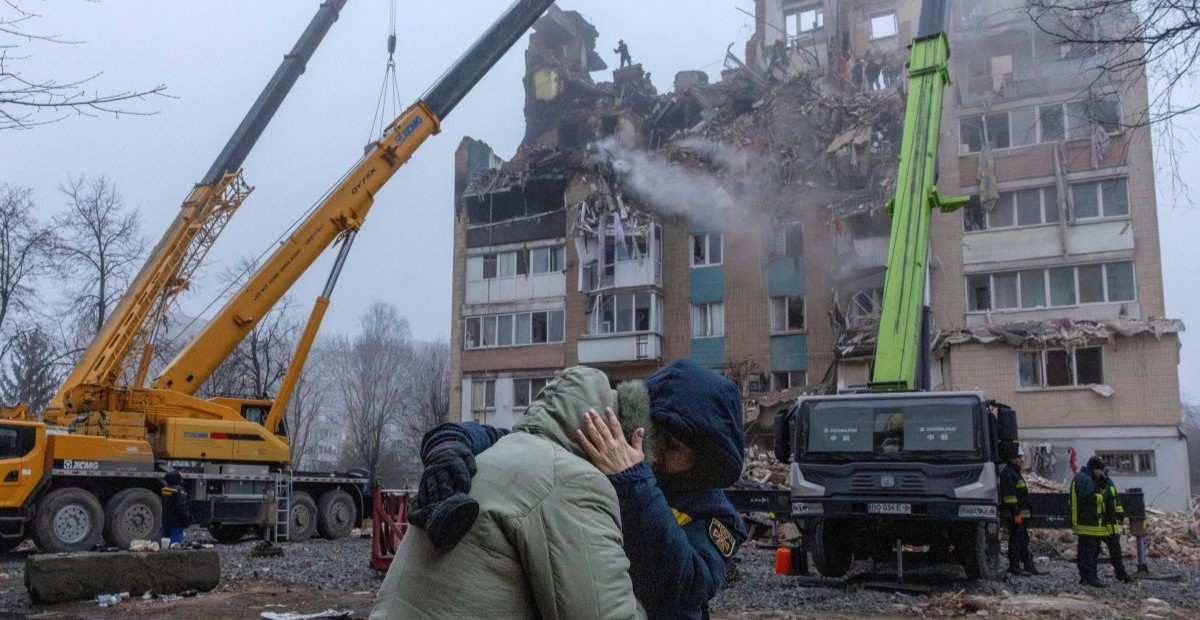3.1 billion: For every dollar increase in the price of oil, Saudi Arabia nets an extra $3.1 billion in government revenue, according to Rapidan. The US decision to quit the Iran nuclear deal, which may send oil prices rising, could provide a welcome boost to the bank account of the Kingdom of Saudi Arabia.
66: Italy has now gone 66 days without a government since elections in March. The two anti-establishment parties shaking up Italian politics — Five Star and Lega — can’t agree to govern together, and both say they would reject a technocratic caretaker government appointed by the president. They both prefer fresh elections, an outcome that is now growing more likely every deadlocked day.
59: According to a new survey of 27 countries by BBC/Ipsos Mori, some 59% of people say that their countries are “more divided” politically and socially than they were ten years ago. Two-thirds of Europeans say so, the highest of any region in the world.
40: Argentina’s Central bank jacked up its interest rate to a whopping 40 percent earlier this week in a so-far unsuccessful bid to stop a slide in the national currency. Other emerging market currencies such as the Turkish lira, the South African rand, and the Indian rupee have also come under pressure as the US raises interest rates and fear of trade war rises.
44: This week, North Korean leader Kim Jong-un took his second trip to China in just 44 days. With more than 90 percent of North Korea’s trade dependent on China, you can bet Beijing is making its voice heard as negotiations heat up on the Korean Peninsula.
